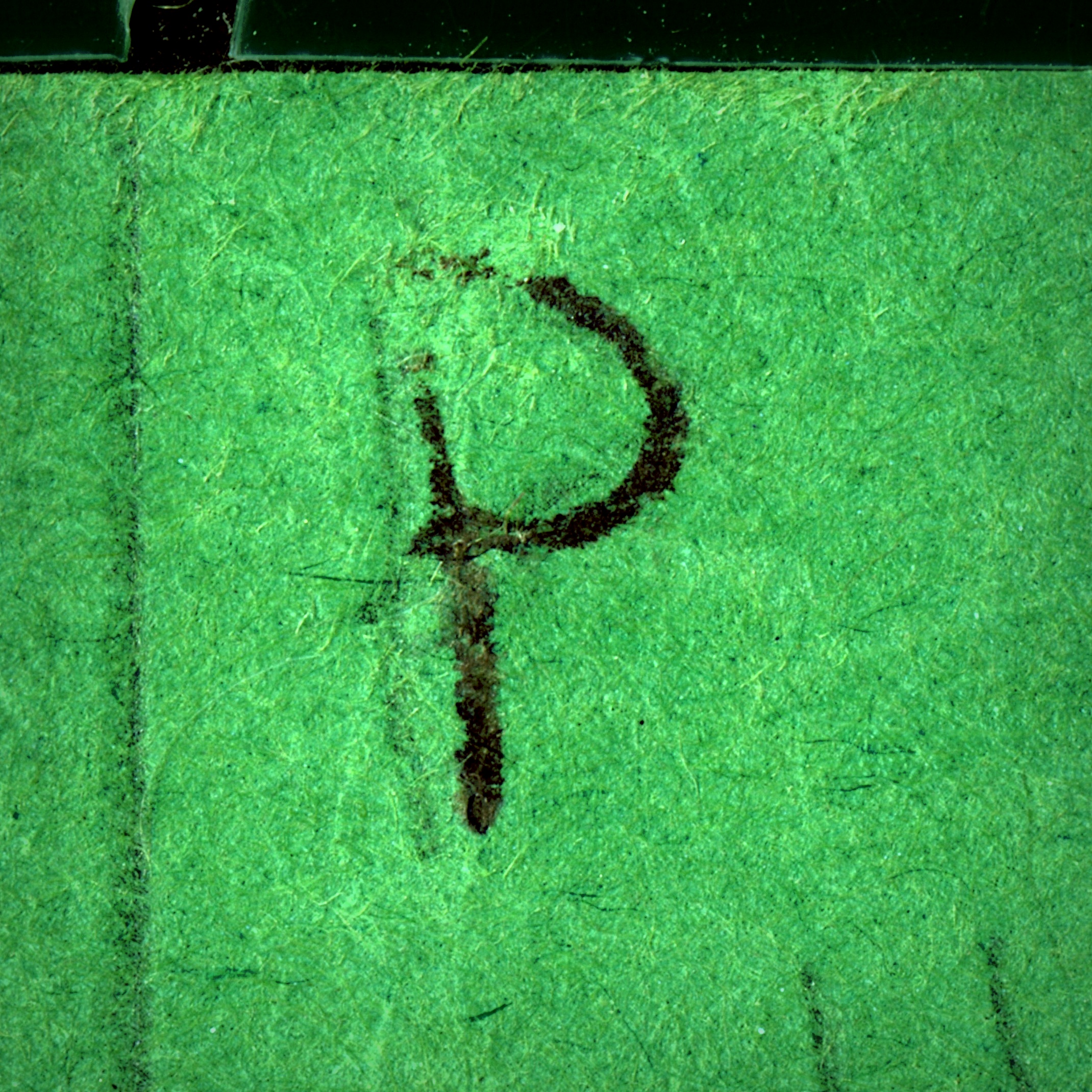 What is W? It looks like two Vs but its name says it is U doubled. It is a consonant, but in other times in select places, it is a vowel. What happened? Why do we have W?
What is W? It looks like two Vs but its name says it is U doubled. It is a consonant, but in other times in select places, it is a vowel. What happened? Why do we have W?
Before English was ever written down, there was a W sound in it. They had a letter for it too: the Wyn rune, ᚹ or Ƿ in manuscript form. This is how we would be writing our Ws, if the world had been otherwise: this is hoƿ ƿe ƿould be ƿriting our Ƿs if the ƿorld had been otherƿise. But it was not otherƿise. England had been occupied by Rome for 400 years, and when they left they didn’t take everything, they left their Latin behind all over the place. It wasn’t a switching off of the lights either when they went, people still considered themselves Roman for quite a long time after, and Latin kept a … More
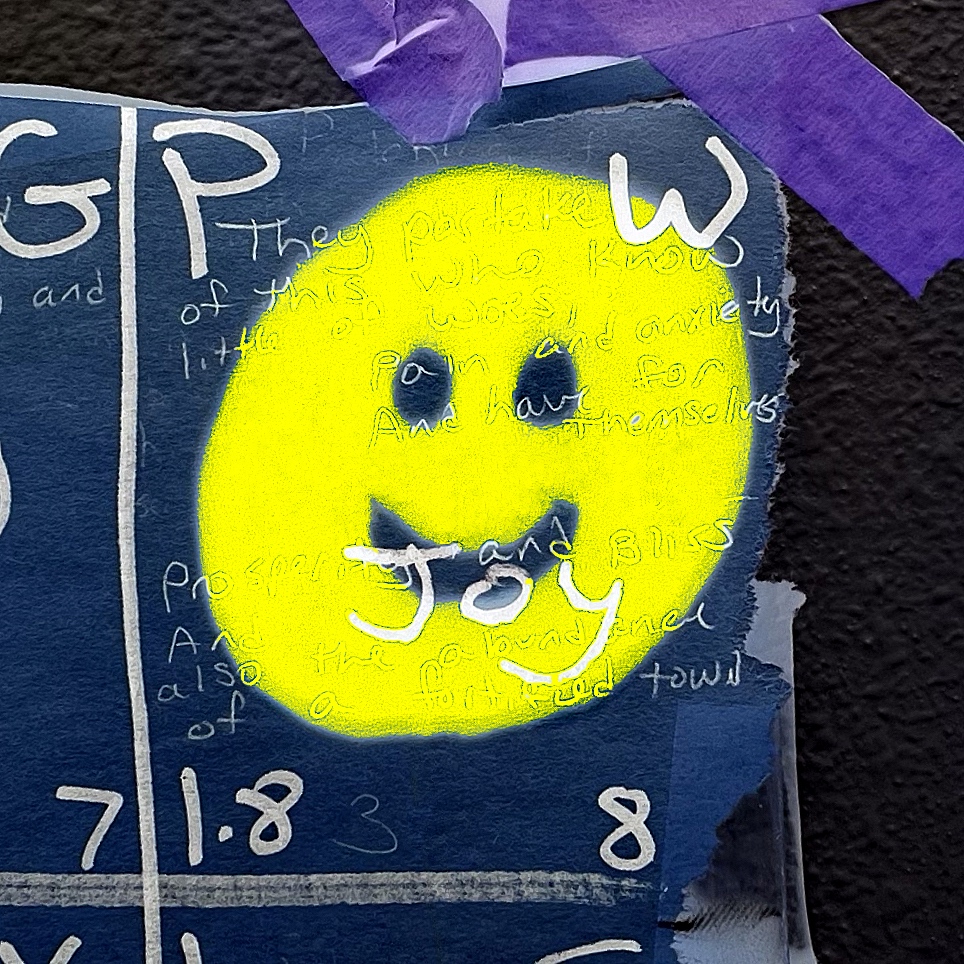

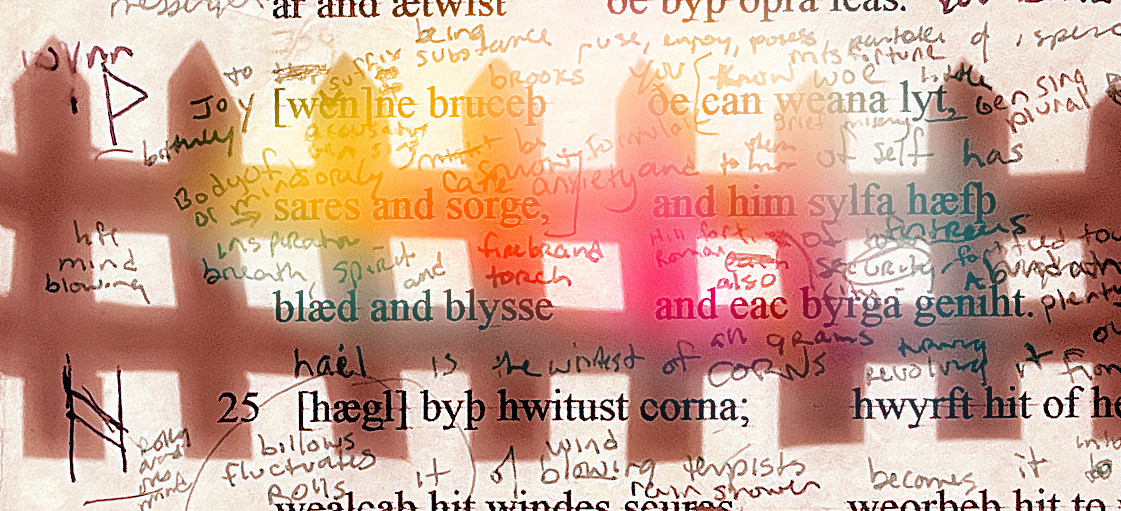
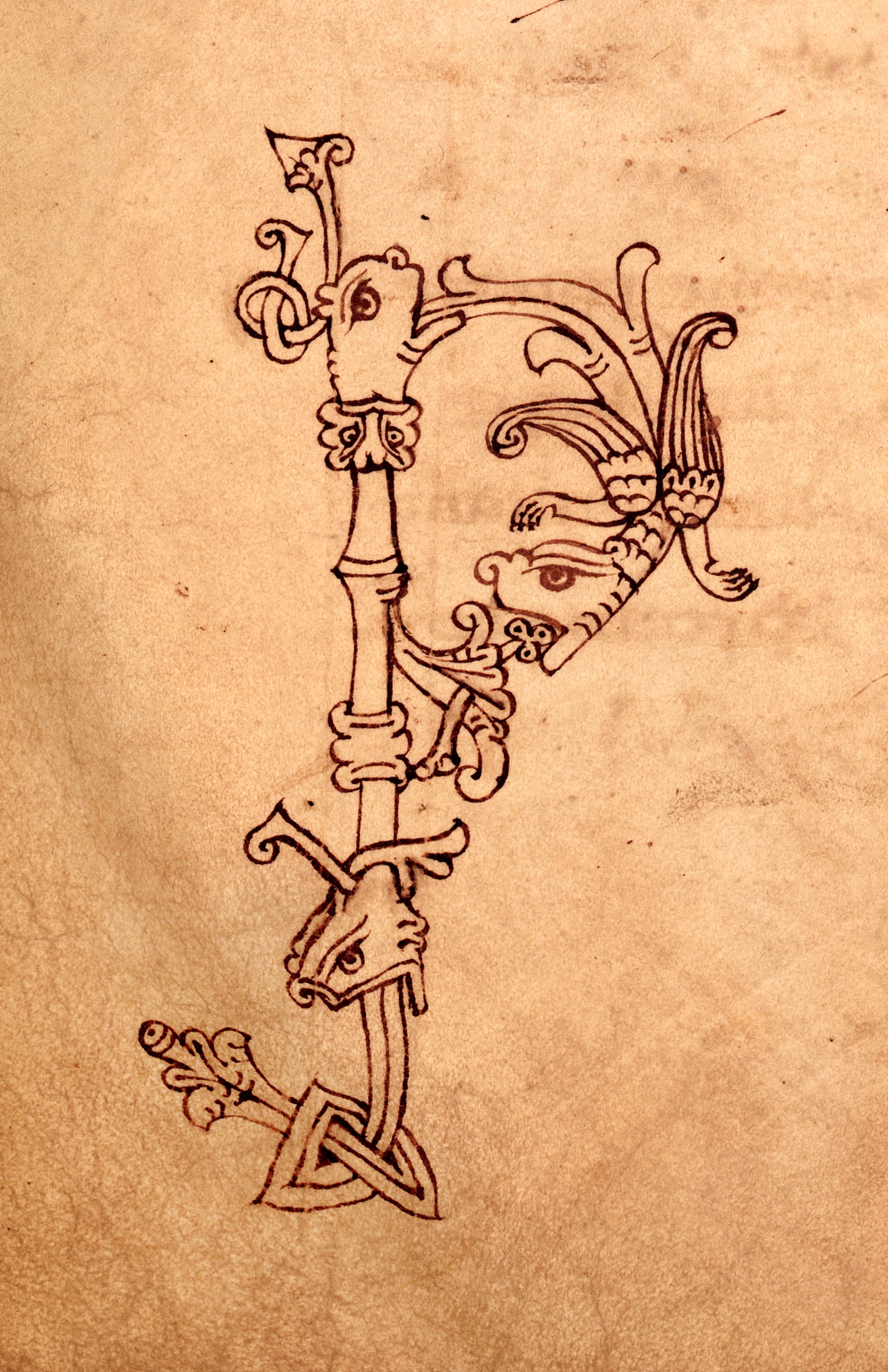 Ƿhen a Ƿ’s not a P
Ƿhen a Ƿ’s not a P 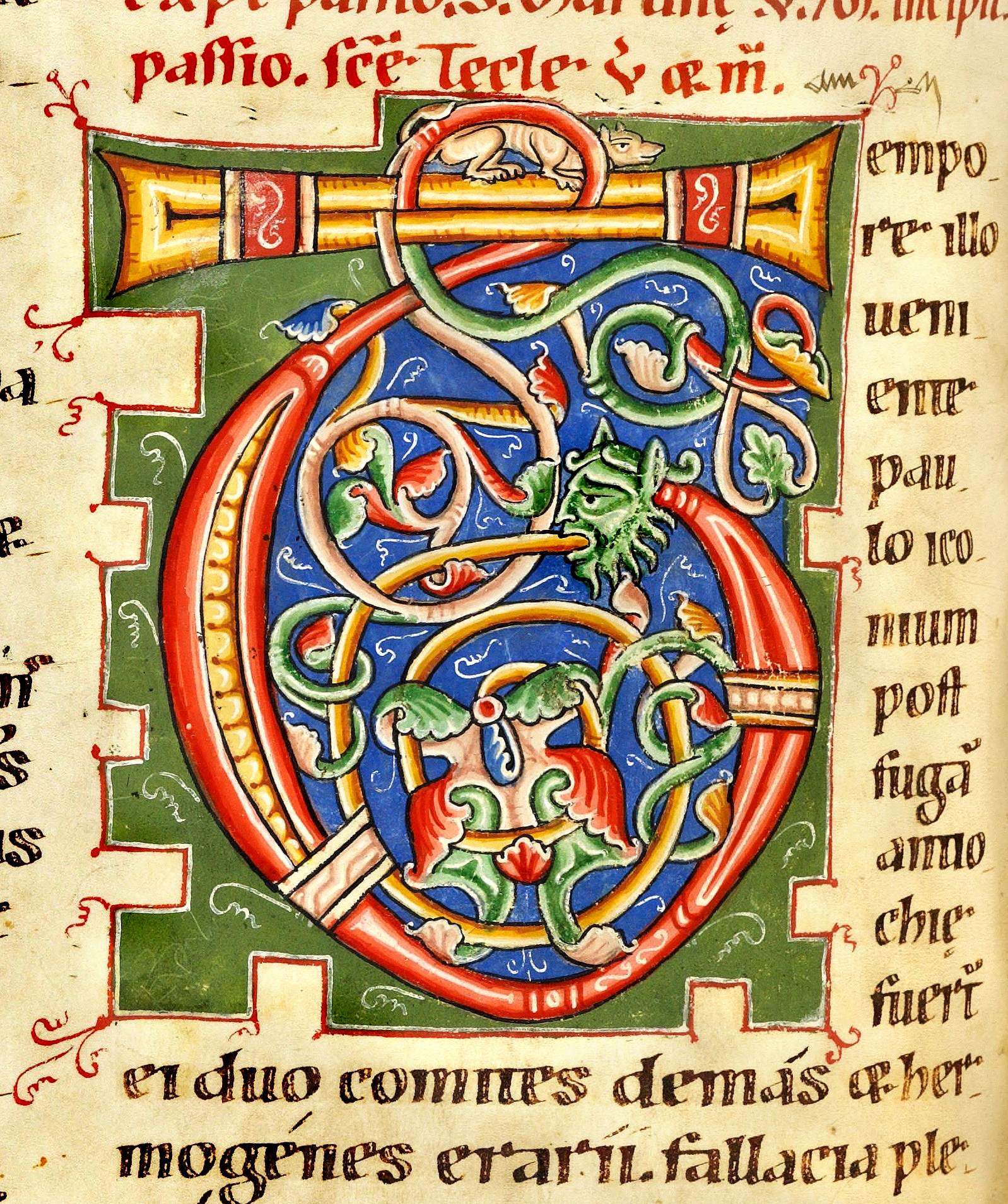
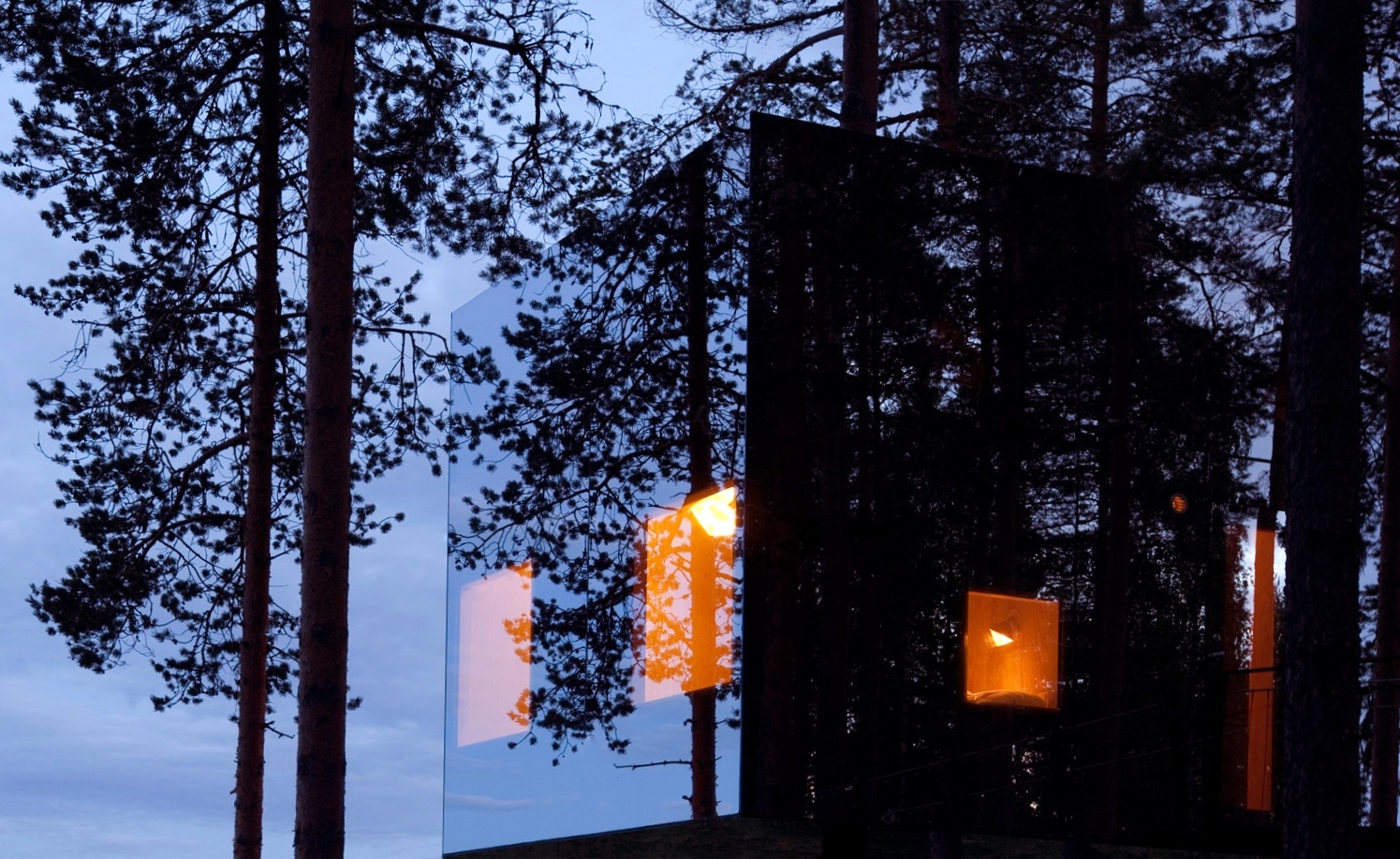 Cheer up, you are safe. It’s dark and scary out there, but not here. Not anymore. Look around. Walls keeping the baddies out, inside you’ve got way more than you need and access to everything. Feel the
Cheer up, you are safe. It’s dark and scary out there, but not here. Not anymore. Look around. Walls keeping the baddies out, inside you’ve got way more than you need and access to everything. Feel the 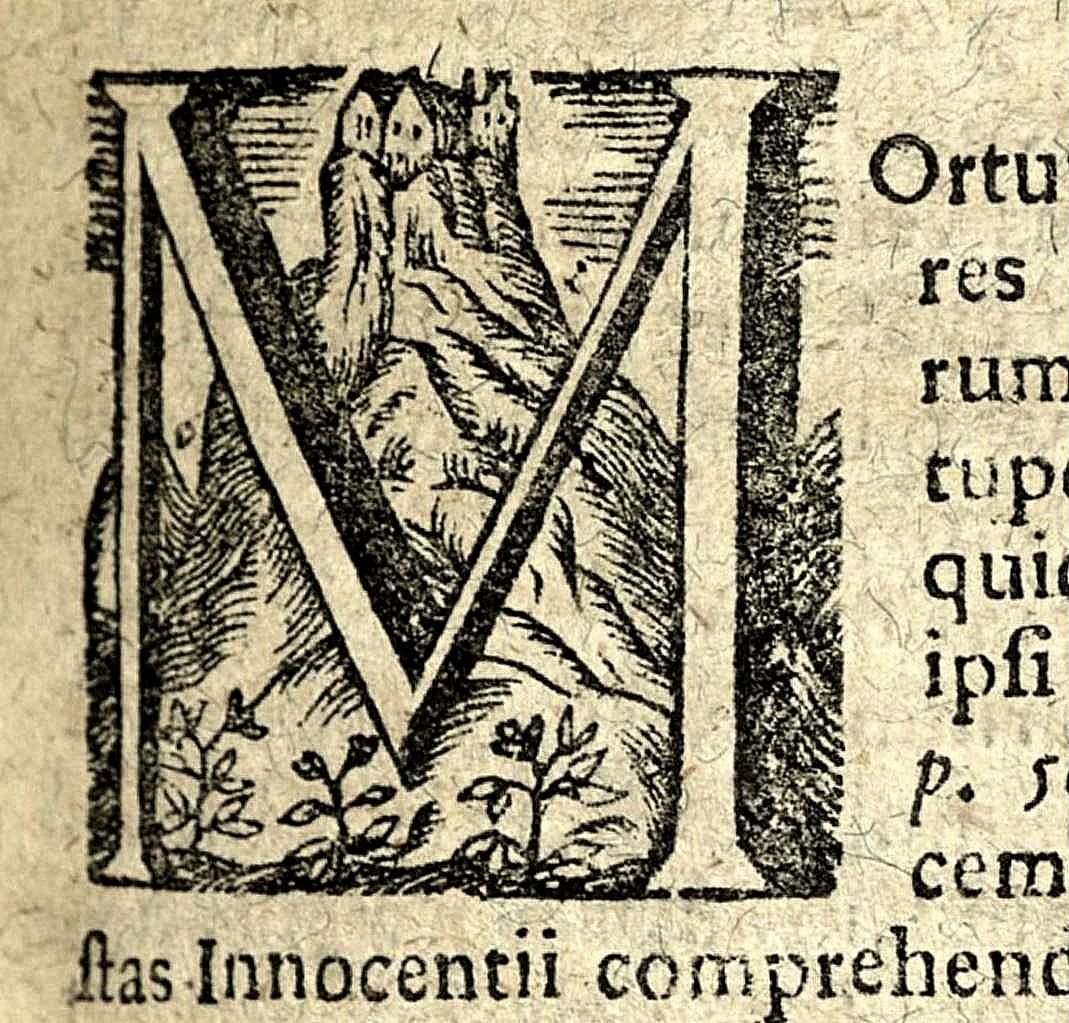
 What is W? It looks like two Vs but its name says it is U doubled. It is a consonant, but in other times in select places, it is a vowel. What happened? Why do we have W?
What is W? It looks like two Vs but its name says it is U doubled. It is a consonant, but in other times in select places, it is a vowel. What happened? Why do we have W?
